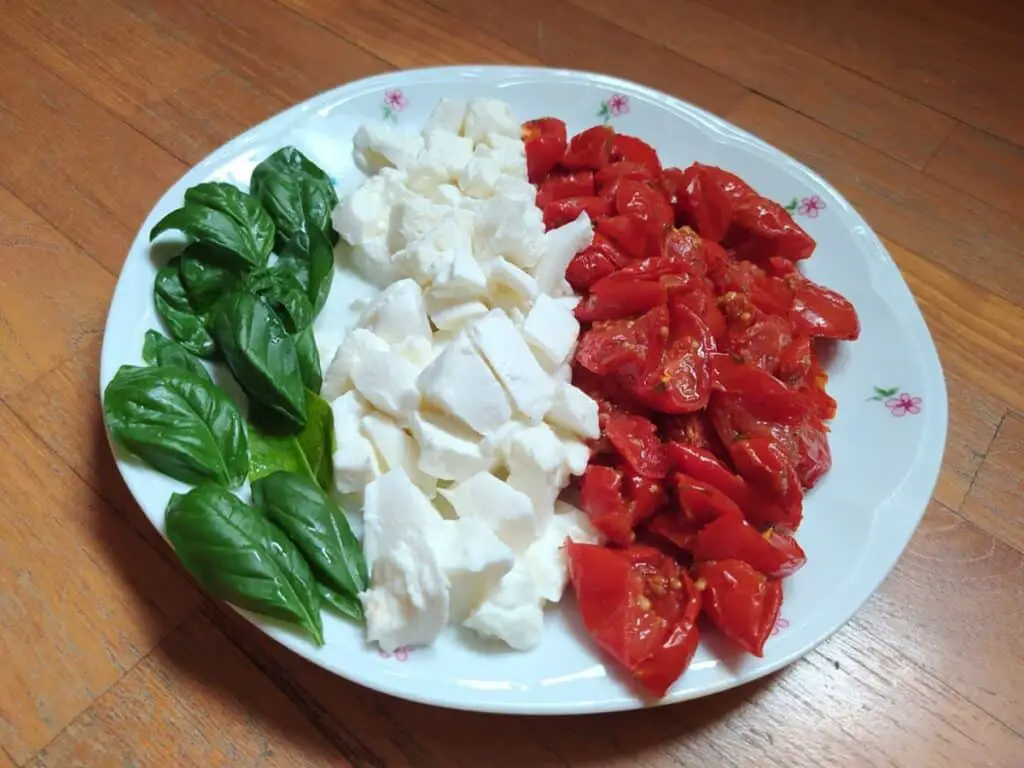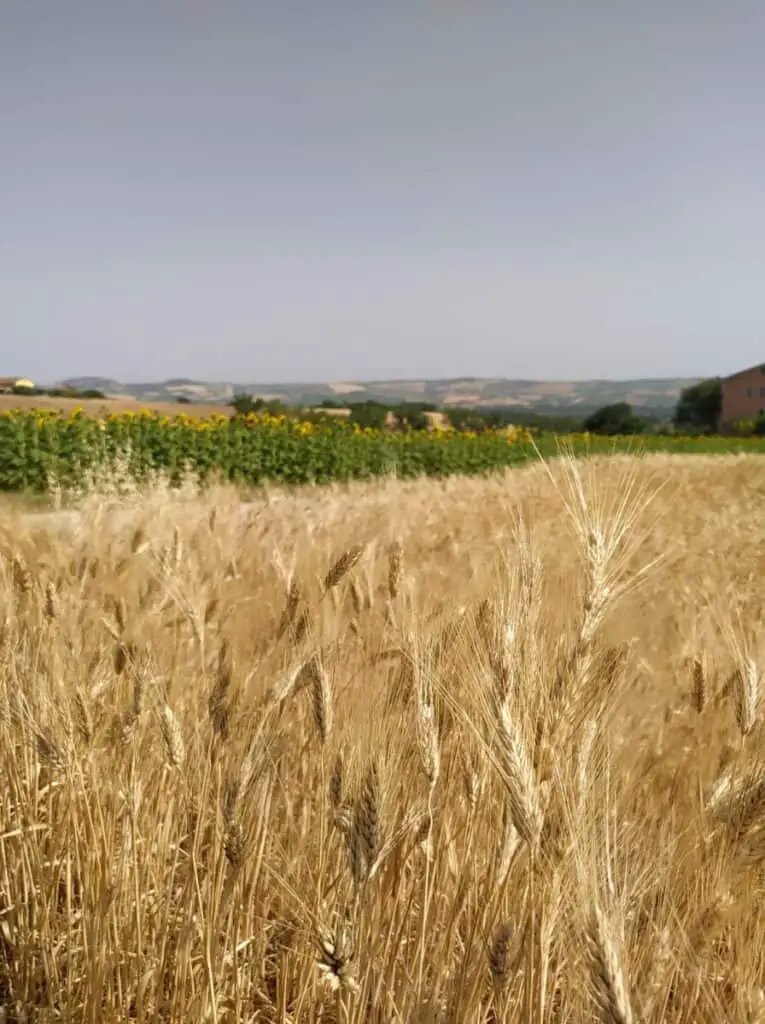If you are considering learning Italian, and wonder which Italian dialect Duolingo teaches, you probably already know that each Italian region has its own regional dialect.
This is due to Italy’s fragmented history and the various interactions with other parts of the world throughout Italy’s history.
Duolingo teaches standard Italian, that is, the Italian taught in Italian schools and spoken in the Italian media. Regardless of which Italian region you visit, all Italians understand and speak standard Italian, although some may have a more or less strong regional accent.
Italian dialects are different from standard Italian mainly in terms of vocabulary and accent, but the Italian grammar rules remain the same regardless of what Italian accent someone speaks. For this reason, it would not make much sense for Duolingo to create courses in the specific Italian dialects because, they all have one basic Italian grammar.
What do the Duolingo Italian voices sound like?
The large majority of Duolingo exercises are accompanied by voice recordings, so that you can hear the words that you see on the screen and learn how they are pronounced.

To a native Italian speaker, the Italian voices in Duolingo sound a little artificial and not very natural. This is something that Duolingo Italian students have picked up on in past and, although the Duolingo Italian voices have been updated since Duolingo’s launch, they still sound a little artificial to this day.
Rest assured, however, that the Duolingo Italian pronunciation is correct in every way.
Which Italian dialect should I learn?
Standard Italian is the version of Italian that is taught in school and used in the media. As a general rule, children in Italian schools are discouraged from using their local dialects and their education is done in standard Italian.
As an example, the Neapolitan dialect is very prevalent in Naples and in the whole Campania region, and it is notoriously difficult to understand, even for native speakers of Italian.

However, if you decided to visit Naples, you will likely find that the vast majority of Neapolitans are able to speak standard Italian, although they may have a Neapolitan accent.
If you are just starting out learning Italian, we recommend that you learn standard Italian and don’t worry with the changes in pronunciation, and specific expressions, of different Italian dialects. That said, you might find it interesting, and perhaps useful, at a later stage in your learning to learn a few words and expression in a local dialect for the Italian region you are visiting.
If you are interested in finding out more about the Italian accents and dialects, you might be interested in Our post “Italian Accents Compared: Which Is Best?“, where we go through all the different Italian accents/ dialects. You will get the opportunity to listen to how they sound and learn about their main features.





